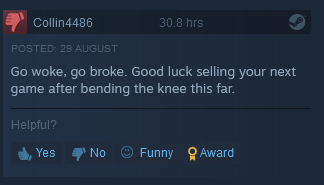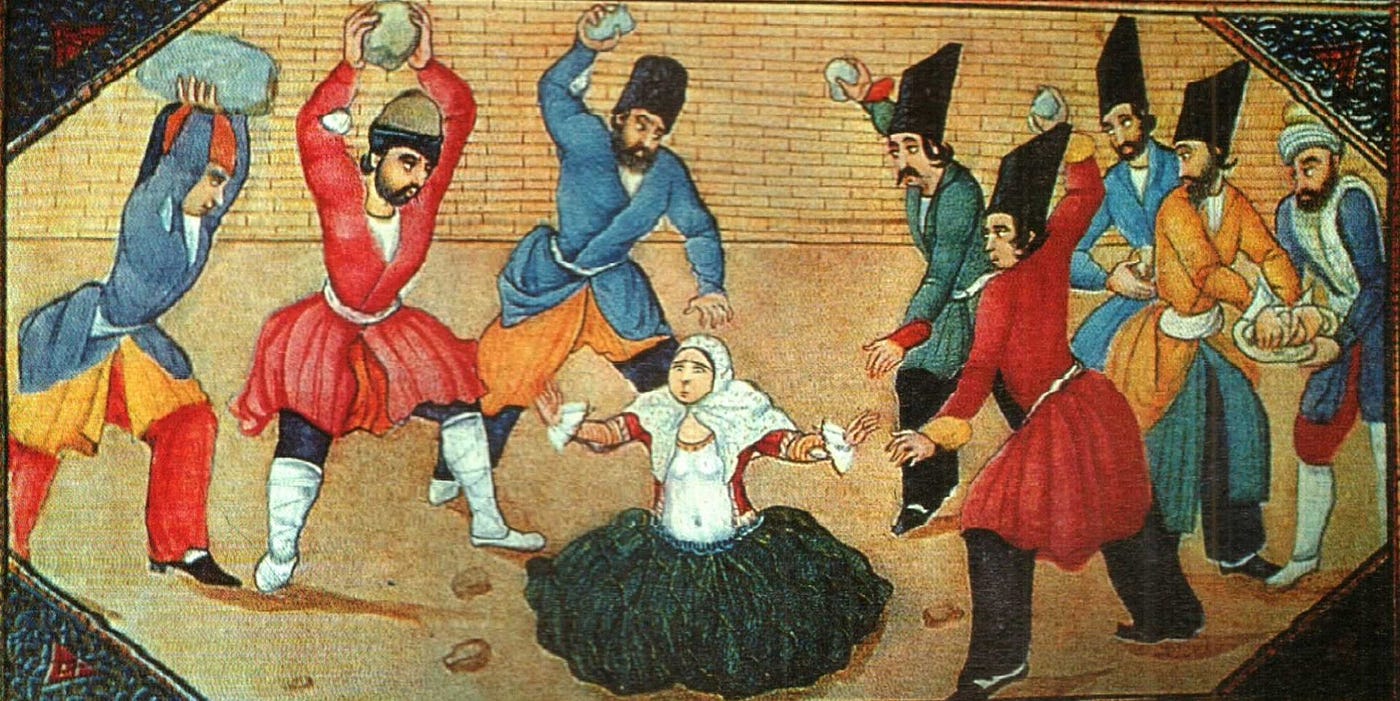Baldur's Gate 3's darker second act had to exist because otherwise "it gets exhausting"
The stuff you learned in Act 1? "You need it to survive" in Act 2
Baldur's Gate 3's second act is very different to its first. Fairytale-style exploration quickly gives way to something far darker and less welcoming, but according to lead writer Adam Smith, there's a very good reason for that.
Speaking with Smith at Gamescom, GamesRadar+ asks about the somewhat jarring difference in tone between the first and second acts.
Act Two is harder, darker, and not as sprawling as its predecessor, and personally, I found it a bit of a slog. But as Smith explains, that shift was crucial to the narrative structure of the entire game.
"One of the reasons Act One is so open is so that you've got space to experiment, and then as you get deeper into it, Act Two is much more 'Did you bring some skills with you? Have you learned how to navigate this much more dangerous area?' The systemic and emergent stuff that you've learned at that point, you need it to stay alive where Act One is much more playful," Smith says.
"It's adventure, right? The beginning of an adventure is much more free - you're discovering what your role is, you're discovering what you can do. And then, in Act Two, the intensity of the drama heightens. The interesting thing about Act One is that the villains are in your head or nebulously chasing you. But the central antagonist: Is it the parasite? What is it? And you're looking for that - 'what is the biggest threat to me here?'
"That gives a lot of direction, plot-wise. And by [Act Two], I think the hope is - and it seems to be working well - is that you have a better sense of your identity in the game, and what you would like, what you're capable of, and how you want to deal with things. So you have a lot of choice space in Act Two, but it's much more about 'how do we handle these very specific things?' rather than 'what are we exploring, what are we learning?'"
"I think some people have found it quite jarring because it's like, 'this is very different'. But that's kind of the richness of it. In terms of the pacing, I think if we'd done three big slices of space like we did in Act One, I think it would get exhausting. There's a storytelling incentive there; there are gameplay differences, but we didn't want people to think 'ok, I think I've done every piece of content in this map', and then you move on, and you're like 'and now there's another one'. That can be great, but it can also be like, 'ok, now I'm gonna do the same process again'. So Act Two has a lot of exploration, a lot of discovery, but pretty much everything you're discovering in Act Two is pointing towards a strong direction, which is Baldur's Gate."
It's a compelling argument, and I have to say that it's made me think differently about Act Two. I wasn't relishing returning to Moonrise Tower on my inevitable second playthrough, but I know the world has more to see there. Smith's definitely right that the game can't all be a big, fantasy playthrough - but perhaps I'll try to make the most of my time in the first act this time.






































